When we think about maintaining our oral health, most of us focus on brushing, flossing, and those all-important regular dental check-ups. But there’s another crucial aspect that often goes overlooked: the medications we take. From everyday over-the-counter drugs to essential prescription medications, various treatments can have surprising effects on our teeth and gums. Understanding these impacts can help you keep your mouth healthy while managing your overall health.
Dry Mouth (Xerostomia): More Than Just an Annoyance
One of the most common side effects of many medications is dry mouth, also known as xerostomia. Saliva is a superhero for our mouths—it neutralizes acids produced by bacteria, washes away food particles, and provides disease-fighting substances. When your mouth doesn’t produce enough saliva, it can lead to a whole host of problems, including a higher risk of cavities, gum disease, and oral infections.
Common Medications That Cause Dry Mouth:
- Antihistamines (e.g., for allergies)
- Antidepressants
- Blood pressure medications
- Muscle relaxants
- Pain relievers
How to Manage Dry Mouth:
- Drink plenty of water throughout the day to stay hydrated.
- Chew sugar-free gum or suck on sugar-free candies to stimulate saliva production.
- Use over-the-counter saliva substitutes to keep your mouth moist.
- Avoid tobacco, caffeine, and alcohol, which can exacerbate dryness.
- Maintain a strict oral hygiene routine to protect against cavities and gum disease.
Gum Overgrowth (Gingival Hyperplasia): When Gums Go Wild
Imagine trying to keep your teeth clean when your gums are growing over them—sounds tough, right? That’s what happens with gingival hyperplasia, a condition where the gum tissue grows excessively. This can make it difficult to clean your teeth properly, increasing the risk of gum disease and cavities.
Common Medications That Cause Gum Overgrowth:
- Anticonvulsants (e.g., for epilepsy)
- Immunosuppressants (e.g., for preventing organ transplant rejection)
- Calcium channel blockers (e.g., for high blood pressure)
How to Manage Gum Overgrowth:
- Practice meticulous oral hygiene, including brushing and flossing daily.
- Visit your dentist regularly for professional cleanings and check-ups.
- In some cases, surgical removal of the excess gum tissue may be necessary.
Taste Changes: When Everything Tastes Different
Have you ever noticed a weird metallic, bitter, or salty taste in your mouth after starting a new medication? You’re not imagining things—some drugs can alter your sense of taste. This can affect your appetite and the types of foods you choose to eat, which in turn can impact your oral health.
Common Medications That Cause Taste Changes:
- Antibiotics
- Chemotherapy drugs
- Blood pressure medications
- Psychiatric medications
How to Manage Taste Changes:
- Maintain good oral hygiene to help mitigate taste changes.
- Experiment with different foods and flavors to find what you enjoy.
- If the taste change is severe, discuss alternative medications with your healthcare provider.
Bone Health and Dental Implants: The Hidden Connection
Our bones, including the jawbone, are crucial for supporting our teeth and dental implants. Some medications, particularly those used to treat osteoporosis, can affect bone health and potentially lead to complications with dental procedures and implant success.
Common Medications That Affect Bone Health:
- Bisphosphonates (e.g., for osteoporosis)
- Corticosteroids (e.g., for inflammation)
How to Manage Bone Health:
- Inform your dentist if you are taking medications that affect bone health.
- Ensure you get enough calcium and vitamin D in your diet to support bone health.
- Follow your healthcare provider’s recommendations for maintaining bone density.
Increased Risk of Oral Infections: A Compromised Defense
Certain medications can suppress the immune system, making you more susceptible to oral infections such as thrush (oral candidiasis). This is particularly common in individuals taking immunosuppressants or undergoing chemotherapy.
Common Medications That Increase Infection Risk:
- Immunosuppressants
- Chemotherapy drugs
- Steroids
How to Manage Infection Risk:
- Maintain excellent oral hygiene to reduce the risk of infections.
- Rinse your mouth with an antifungal mouthwash if prescribed by your doctor.
- Report any signs of infection (e.g., white patches, redness, soreness) to your dentist or healthcare provider promptly.
Staying Informed and Proactive
Understanding how your medications can impact your oral health is essential for maintaining a healthy mouth. Always inform your dentist about any medications you are taking, including over-the-counter drugs and supplements. This knowledge allows your dentist to provide tailored advice and care to mitigate any adverse effects on your oral health.
By staying informed and proactive, you can ensure that your medications do not compromise your dental health, allowing you to enjoy a healthy smile while managing your overall well-being. If you have any concerns about how your medications might be affecting your oral health, don’t hesitate to schedule an appointment with your dentist. Your health is a team effort, and your dentist is a crucial player on your team.

